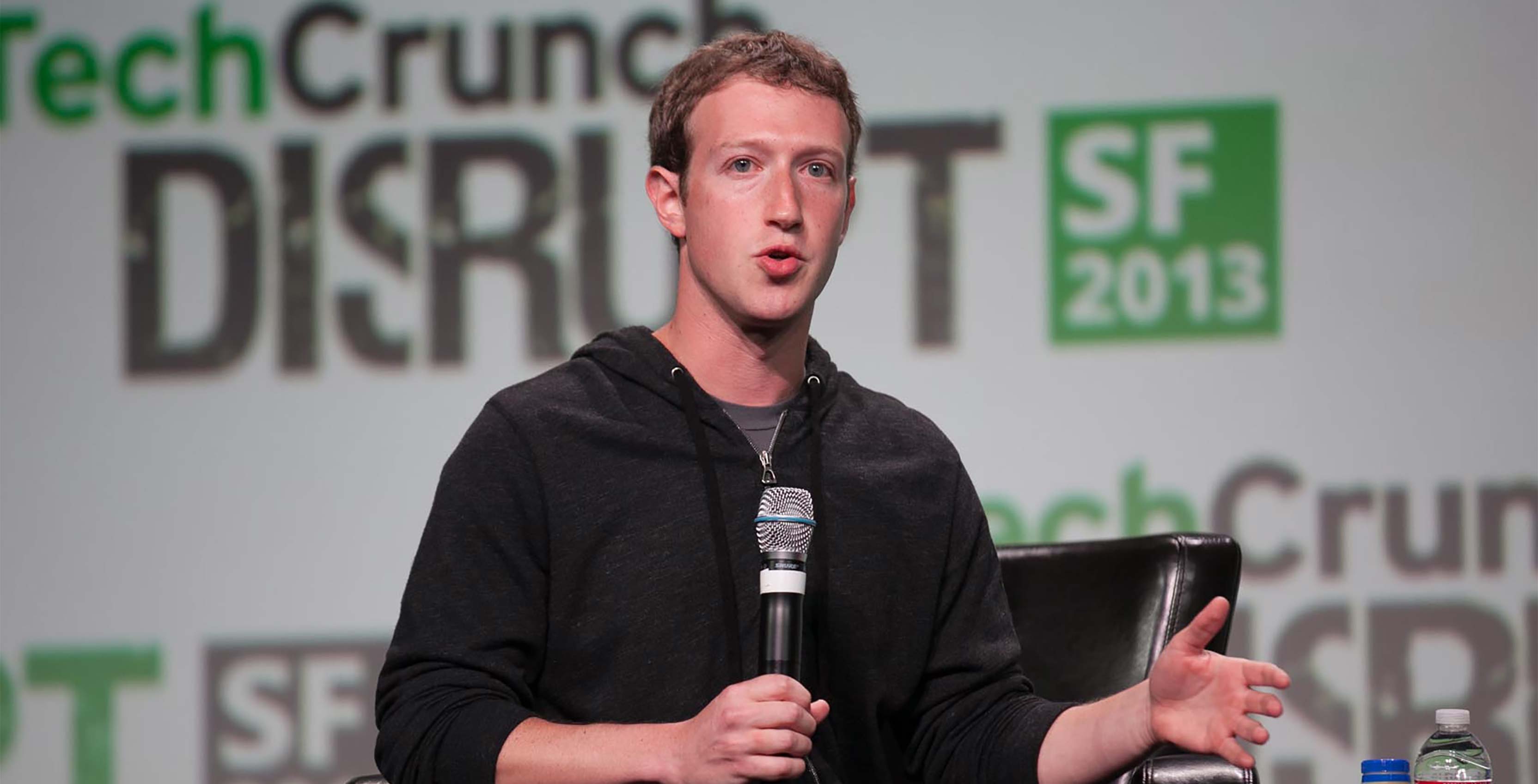
After the U.S., U.K. and Australian governments called on Facebook to block end-to-end encryption, the social media giant’s co-founder Mark Zuckerberg has responded and defended the idea.
The three governments co-signed a letter to Zuckerberg on October 3rd, urging him to drop plans to include end-to-end encryption on its messaging apps. Zuckerberg responded to the letter in a weekly company livestream.
However, if Facebook does go ahead with its plans to implement end-to-end encryption on its Messenger app and Instagram, then the three governments are calling for a back door that would give law enforcement access to chats and calls.
Facebook now joins Apple, Microsoft, and Google who have all defended encryption.
End-to-end encryption protects information and content within a platform so that only people in the chat can view and read the messages, anyone else is not able to view them.
The U.K. government proposed the idea of a “ghost user,” which would allow tech companies to add a law enforcement officer into a chat or call without the participants knowing.
The letter asks Facebook to “enable law enforcement to obtain lawful access to content in a readable and usable format,” if end-to-end encryption is put in place.
The letter justifies the idea of a government back door by stating that it would prevent child sexual exploitation and terrorism.
However, Zuckerberg has argued that there are other ways to enable child safety that make more sense than banning end-to-end encryption, as reported by Reuters. Zuckerberg argued that Facebook would be able to use the same tools that it uses to fight election interference to identify predators.
Talks about end-to-end encryption for Facebook Messenger have been going on for some time now, but governments have spoken out against it.
In August, the U.K.’s new Home Secretary asked for “lawful access” to encrypted messages on Facebook’s Messenger through a backdoor that would be open for extraordinary cases, as previously reported by MobileSyrup.
WhatsApp currently has end-to-end encryption, but Facebook Messenger doesn’t unless you use the secret chat feature.
MobileSyrup may earn a commission from purchases made via our links, which helps fund the journalism we provide free on our website. These links do not influence our editorial content. Support us here.


